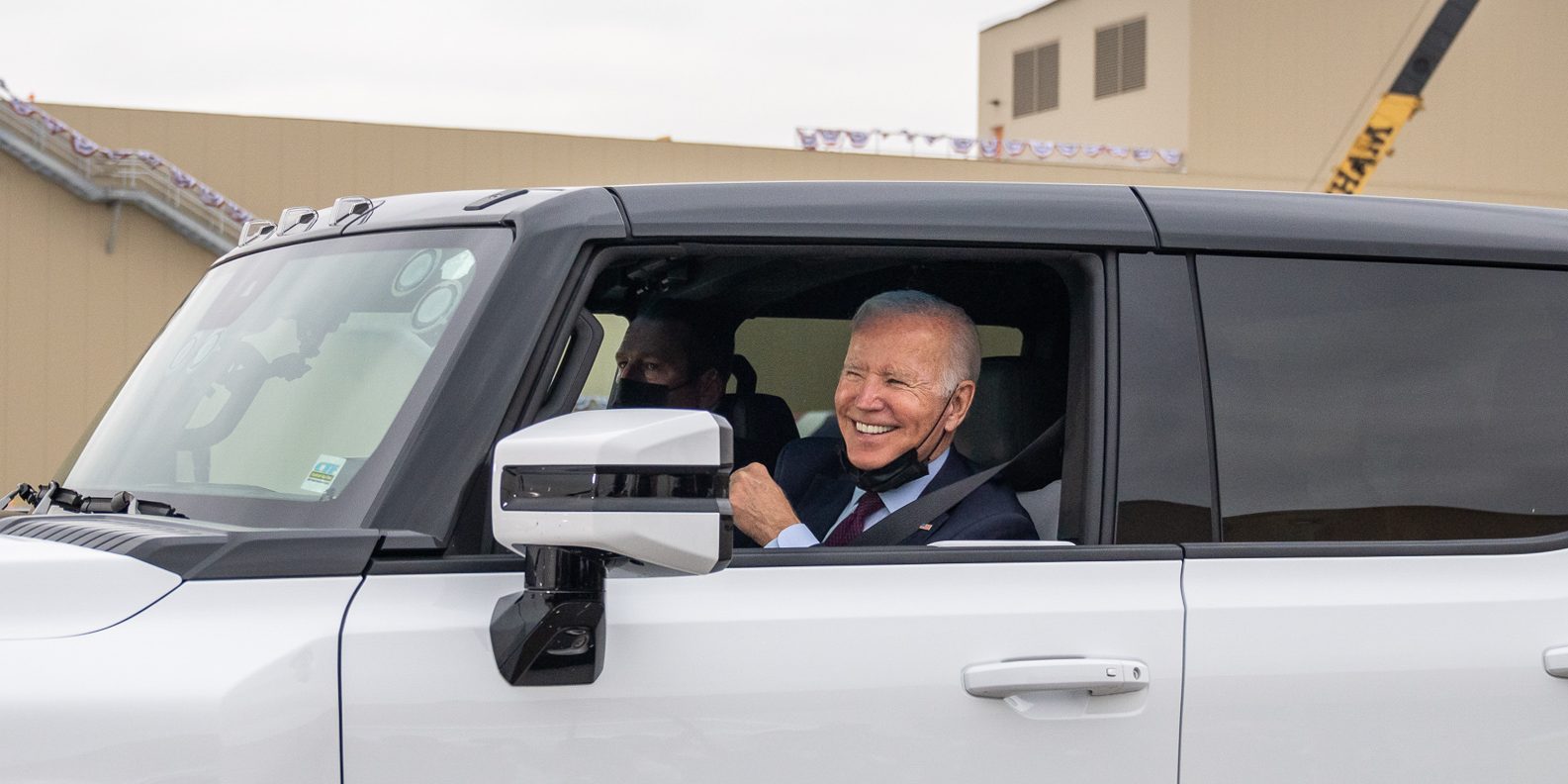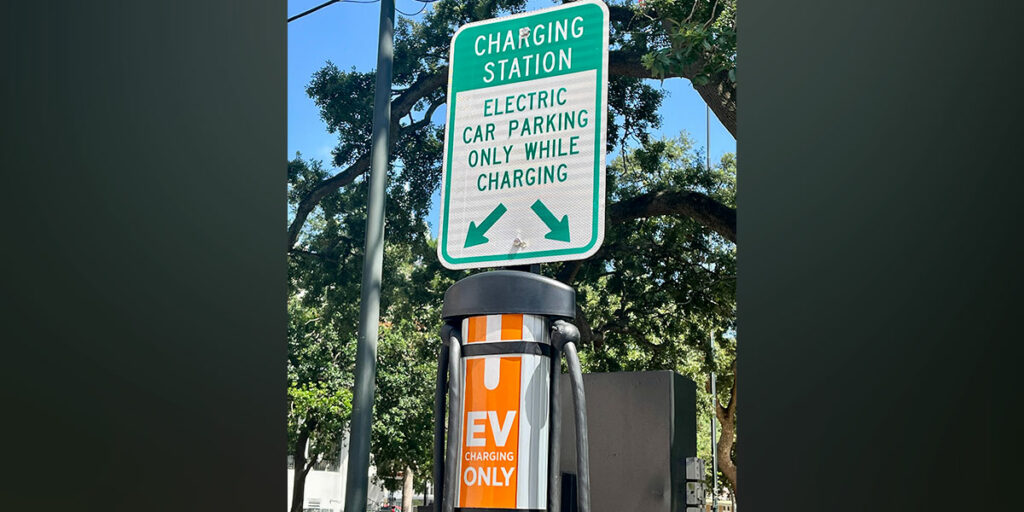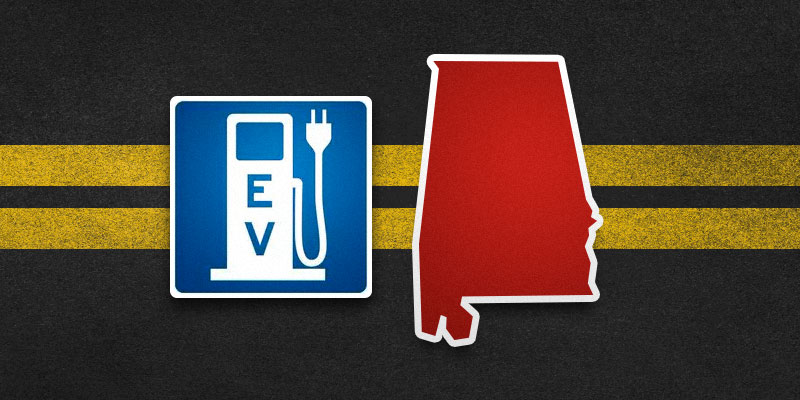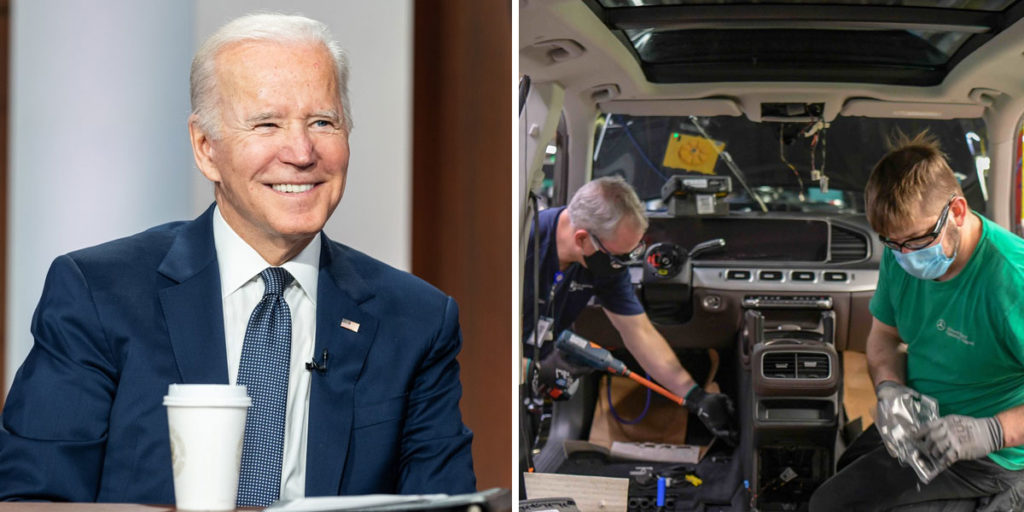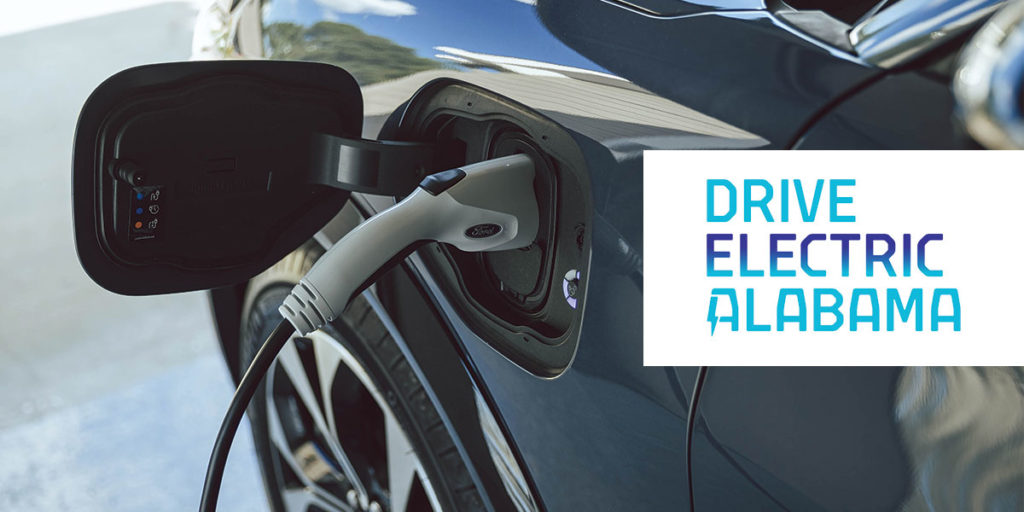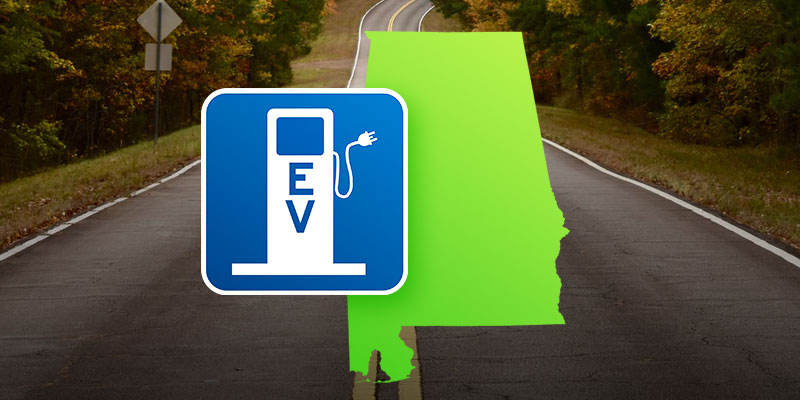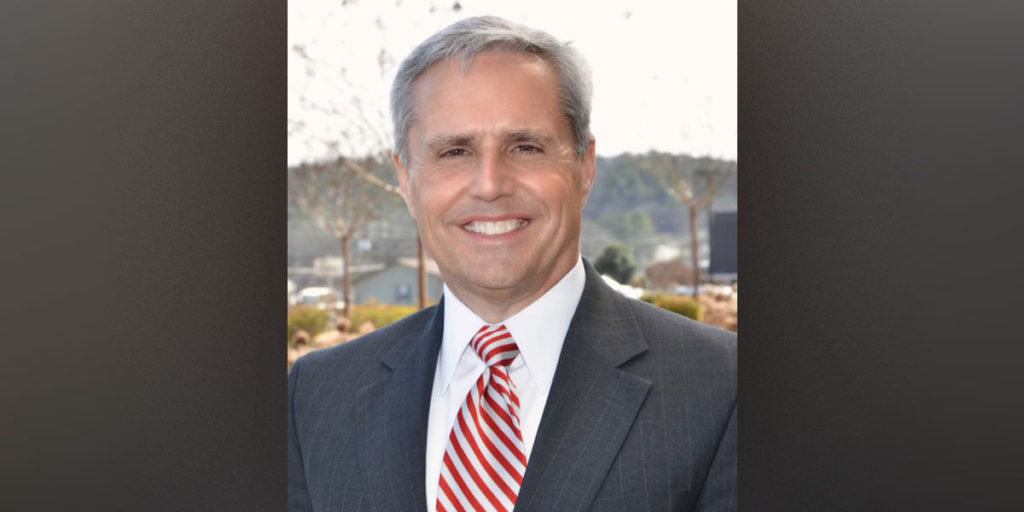For the 90%+ of Alabamans who either prefer driving a gasoline vehicle or can’t afford an electric vehicle, the Biden Administration is working to regulate an EV into your garage in the near future. The Environmental Protection Agency and the obscure National Highway Traffic Safety Administration are both enacting regulations clearly aimed at forcing U.S. automotive manufacturers to make more EVs and to reduce production of gasoline cars and trucks, regardless of what American car buyers want.
In 2023, less than 3% of new cars sold in Alabama were fully electric vehicles, and for all registered vehicles on roads in the state, only 1 out of 550 is electric. Nationally, battery EVs made up 7.6% of car sales in 2023, and that may be declining as most consumers aren’t satisfied with EV reviews. However, hybrid vehicles that use electric motors and gasoline engines in tandem seem to be growing in popularity.
To be clear, new vehicle options are good for consumers who will buy what’s best for them. Many vehicles, both electric and gasoline, will be manufactured in Alabama or other southern states where tax and regulatory climates are business-friendly. This is all good, market-driven activity until we have a few people at federal agencies and the White House, and not consumers or car companies, ordering what types of vehicles can be made in America.
These industry mandates are being required by the EPA’s newest tailpipe emissions rule and the NHTSA’s new fuel economy standards. Under these rules, over half of cars manufactured in the U.S. would need to be fully electric for companies to comply in less than 8 years. If your gut tells you this will cause car and truck prices to go up even more, trust your gut.
What’s the justification? Supposedly, it’s carbon dioxide emissions reductions. Surely, for something so disruptive and costly, there will be a huge payoff in emissions reductions. Well, let’s take a quick look.
Not counting natural carbon dioxide releases from decaying plants, volcanoes and breathing creatures, the U.S. makes up about 13% of global carbon dioxide emissions. Of U.S. emissions, transportation accounts for 37% of the total, but only 20% of those transportation emissions come from passenger vehicles, like the one you drive.
Already, we’re already at less than 1% of world industrial carbon dioxide emissions impacted by these rules, but there’s more. In much of the U.S. including the south, natural gas is the largest source of electricity generation. In Alabama, natural gas and coal account for more than half of electricity production with carbon-free nuclear making up the remainder. Electricity demand and associated emissions goes up as more people drive EVs, not to mention the cost of expanding the grid to supply the demand increase.
Further, electric vehicle batteries require loads of several metals mined by massive diesel machines all over the earth, usually transported over the ocean by big diesel ships to be processed in China and then transported overseas again to an electricity-consuming battery manufacturing facility somewhere else.
Still think these rules are actually about emissions reductions? They’re obviously not. At best, this rule will slightly reduce carbon dioxide emissions in the U.S. only to see emissions increase more elsewhere.
The obvious explanation for this costly nonsense is a few people in power in Washington, D.C. want or are willing to make the rest of the country’s laws more like California’s, where energy prices are twice or more than Alabama’s, where politicians decide where energy comes from, and where government agencies choose what options consumers have in the marketplace. They don’t like your gasoline car or truck, so their solution is to outlaw the making of them.
We may should start saving now because under these rules, in a few years we’ll be longing for the old inflated prices of 2024.
Patrick Sullivan is President of the Southeast Oil and Gas Association.




